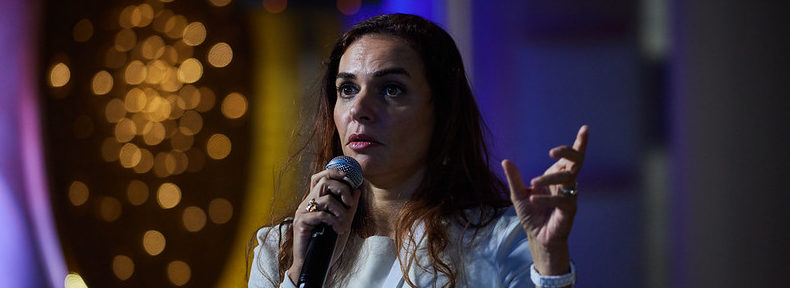The Jerusalem municipal planning and building committee this week approved the construction of new homes for Jewish settlers in the Givat HaShaked neighborhood, which will straddle the Green Line. The development will be built next to the Palestinian quarter of Beit Safafa. When I called my Palestinian friend Hani to inquire about the issue and how to stop it, he told me he was rushing to meet the lawyer who is “the man” to handle such delicate missions.
Hani started talking about his friend Daniel Seidemann, an American Israeli in Jerusalem. Hani explained that Seidemann, the son of a young Jew who lived in Nazi Germany and fled to the US as the Second World War broke out, truly understands the concept of displacement, so he really understands what Palestinians are going through.
The turning point in his life came in 1991, when the government of Israel approved a settlement in the neighborhood of Silwan, to the south of the Old City of Jerusalem, in the shadow of Al-Aqsa. He was asked by a member of the Knesset to challenge the decision in the Supreme Court. He then discovered that there was a covert illegal campaign to take properties from their lawful owners and give them to settlers. This is when Seidemann started his war against injustice — an injustice inflicted by his own people on the Palestinians.
Hani said: “Whenever he looks out of his window, he says ‘40 percent of the people I see are occupied by me, by my people, and have no political rights, while I do’.”
Every time a new settlement is built, it makes any political settlement more elusive. Seidemann thinks the occupation is as harmful to Israel as it is to Palestine. Either Israel ends the occupation, or the occupation will end Israel. He is not only working for the Palestinians, but also for his own people and his own family. He wants his children to live in a decent society. The only way to have a reconciliation between the two peoples is for borders to be drawn and for Israel to no longer rule over Palestinian lives.
However, Hani laments that many people in Israel do not even think there is an occupation — the concept is slipping out of the public discourse, which is really dangerous. He also explains that, while the current government of Prime Minister Yair Lapid is less malicious than those headed by Benjamin Netanyahu, it has less cohesion. Therefore, many things can happen, even if not approved by Lapid. Hani explained that, despite all Netanyahu’s faults, he had everything under his control. This is not the case with the current government, which is more of a loose association of ministers, some of which are very pro-settlements, such as Ze’ev Elkin, the minister of housing and construction.
Talking with admiration about his dear friend, Hani told me about Seidemann’s struggle to prevent a family in Silwan from being evicted from their home. He fought for 19 years but ultimately the family was evicted. He also fought to have schools built for Palestinians in East Jerusalem. This is a fight Seidemann has been involved in for 10 years and he has partially succeeded.
Hani told me that Seidemann, a secular Jew, is working against the weaponization of religion. He also understands the significance of Al-Aqsa for Muslims around the world and he understands how the erosion of the status quo by Jewish extremists and Israeli nationalists, as well as the shows of Jewish triumphalism, nurture a feeling of violation among Palestinians and Muslims.
He added that Seidemann was now preparing for his biggest battle, which is to prevent the construction of the E-1 settlement. Every single American president and European leader has been against this settlement since it was first proposed in the early 1990s. If it is approved, then the two-state solution is finished, as this settlement will be deep in East Jerusalem and will fracture the West Bank in a way that means creating a Palestinian state will be impossible. However, now that the world is preoccupied with so many disasters, occupation is no longer a priority or even a subject of discussion. The extremists in Israel might take this opportunity to get the settlement approved.
After he finished speaking about Seidemann, I asked my friend: “And we Arabs, what are we doing to help Daniel and his ilk?” Hani answered while sounding disappointed: “Nothing.” But why nothing? Don’t we have countries that have diplomatic relations with Israel? Weren’t the Abraham Accords marketed as a step toward peace? Why don’t we promote people such as Seidemann, and encourage and support him? Why don’t we inject an end to the occupation in the process of normalization?
Arabs should not forget to stress the end of the occupation because, if we forget about this issue, it will come back and haunt us. Promoting people such as Seidemann inside Israel would be the best way to prevent that. Now, with normalization, Arabs are on the Israeli chessboard, and this is their chance to make the right move. To do that, they need to engage with people such as Seidemann.
Read the article on the website of Arab News.

